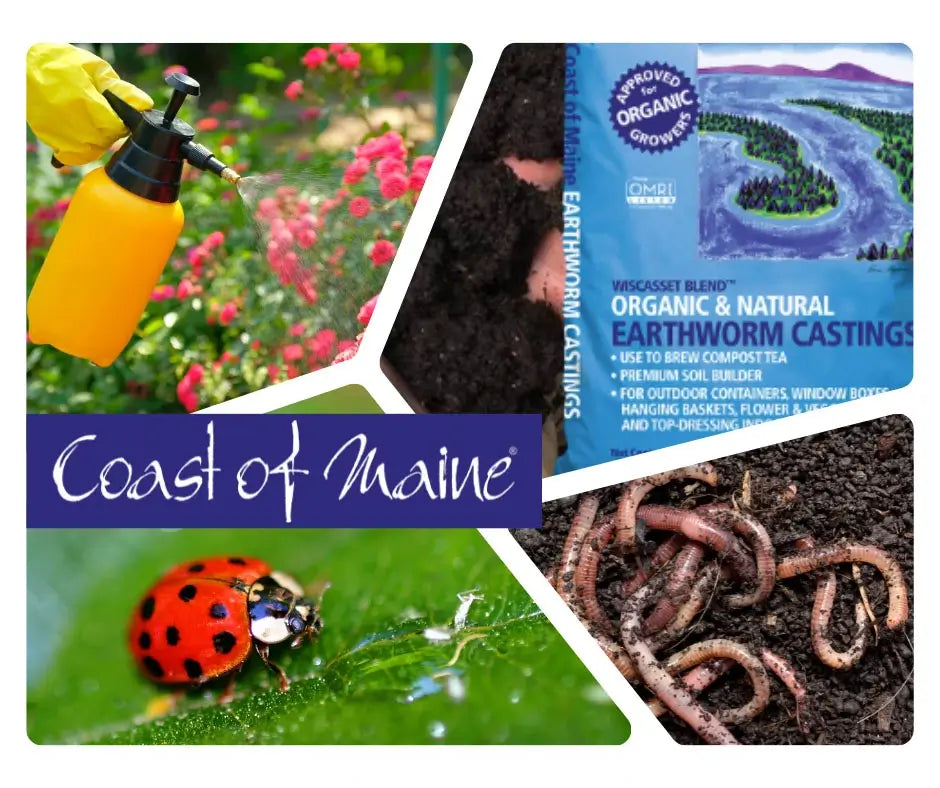When you find insects in your garden, your first instinct might be to destroy them, but that's not always the best course of action. Some insects are destructive and should be controlled, but of the more than 1.5 million known insect species in the world, more than 97 percent are beneficial to gardens, or simply benign. That leaves less than three percent that are agricultural and nuisance pests.
Insects also perform the important tasks of aerating soil, breaking down dead materials and returning them to the earth, and serving as food for wildlife. Some insects, such as ladybird beetles and green lacewings, also eat harmful pests, which helps to keep the environment in balance.
The best thing you can do to keep the bad pests away is have healthy plants. Plants have a surprising range of defenses against pests. They can produce substances that discourage insects from moving in and keep infestations at bay. Adequately watered, well-fertilized plants are better at fending off predators.
A compost tea is a great way to keep plants healthy and happy. Applying a compost tea creates a biodiversity of good bacteria and fungus which prevents any one type of bacteria or fungus from dominating the plant and creating disease.
Here is a recipe using the Wiscasset Blend Earthworm Castings:
Fill up a 5 gallon bucket with water. Tap water is fine but we recommend you let it sit out for a day to ensure it’s chlorine free (because chlorine will destroy the “good bacteria/micro organisms.)
Worm Castings have a coffee ground like texture, are odorless and instantly provide plant-ready essential nutrients and organic matter to the soil.
Add 3 cups of Wiscasset Blend into the water.
Add 2 tablespoons of Molasses, it provides food for the microbes.
Stir Vigorously! You want to get the oxygen flowing in the tea. The bacteria is really alive and needs oxygen to survive, so you’ll need to stir every 5-7 hours.
Let the mixture brew for 24 hours in a shaded spot (excessive sunlight will kill your microbes!) Remember you still need to stir every 5-7 hours!
At the 24 hour mark, one more good stir and you’re ready to use! And you’ll want to use it immediately, if anaerobic decomposition starts, the tea will start to stink!
You can direct pour from a container or strain the compost tea in a cheesecloth before adding to a watering can, hose attachment or spray bottle.
Best applied in the morning or afternoon, not during peak sun hours of the day.
Worm castings are beneficial to any type of plant. Best of all the castings at 100% safe, natural and organic! The worm casting tea repopulates the soil with microbes, adds essential minerals and during hot summer days it even helps retain water in soil.
Use our Wiscasset Blend to create a compost tea and give your plants more life through the Summer and Fall!













